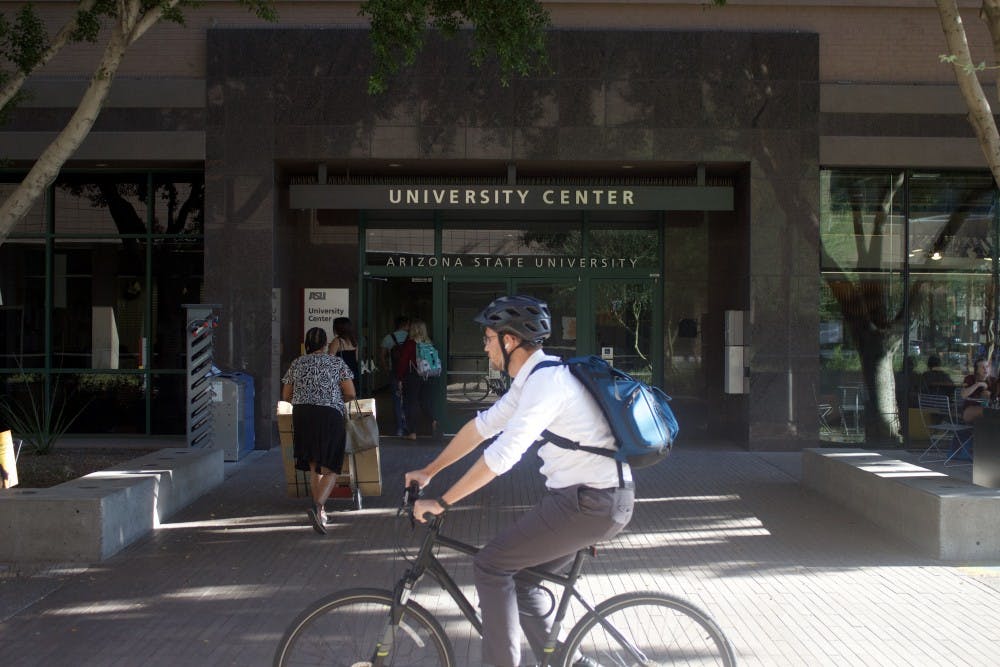ASU's four student body presidents said they were surprised by a lawsuit filed by Arizona Attorney General Mark Brnovich over the Arizona Board of Regents' tuition-setting policies, and that the suit was unfounded.
The lawsuit from Sept. 8 accused ABOR of levying unconstitutional hikes over the last 15 years.
Brnovich specifically criticized the regents' methods for setting tuition, which he claims consider factors such as availability of student loans and other funds, rather than making tuition "nearly free as possible," as the Arizona Constitution mandates.
The four campus presidents stood with ABOR and ASU President Michael Crow, who has defended tuition as affordable for in-state students.
Jackson Dangremond, president of Undergraduate Student Government Downtown, said the announcement came amid several other USG related issues.
"Essentially the cherry on top was the attorney general filing a lawsuit against the Arizona Board of Regents," Dangremond said. "Which in my view really ignores the broader context of higher education funding specific to the state of Arizona over the last fifteen years."
Dangremond said he supports the standards for setting tuition, a sentiment repeated by the three other campus presidents, though Dangremond was the only to agree that tuition is kept as nearly free as possible.
"The Arizona Board of Regents and the University administration do what they can with the resources they have available to ensure that tuition is kept as nearly free as possible," he said.
Brittany Benedict, president of Tempe USG, said the fees charged to students are fair and necessary, something the attorney general cited in his suit.
"Let’s just take the athletic fee for example: it covers the childcare subsidy at ASU, it covers the inter-campus shuttles, it covers the TA and RA pay and it covers the test prep for students for higher-education," Benedict said.
Benedict said the Council of Presidents will continue to follow their plan set out in an Aug. 18 statement from Associated Students of ASU.
Natasha Snider, president of USG West, said that tuition costs are low for in-state students.
"The model that ASU uses relies heavily on financial aid and the (lawsuit) didn’t seem to take that into consideration because the actual cost that an in-state student has to pay for tuition is fairly low," Snider said.
The presidents said their role on campus was to inform students who have tuition questions.
"We’re doing a lot more tabling and engagement and talking with students," Snider said. "(We're) answering their questions, figuring out where there are concerns and trying to address those and give them the information that they need to make educated decisions."
Julia Anderson, president of USG Polytechnic, said she had never understood complaints against affordability of in-state tuition.
"Personally, as an out-of-state student, I came to ASU because of how affordable the tuition was," Anderson said. "I just don’t really understand the reason why there’s even being a lawsuit set against ASU questioning the affordability of tuition."
Reach the reporter at maatenci@asu.edu or follow @mitchellatencio on Twitter.
Like The State Press on Facebook and follow @statepress on Twitter.




